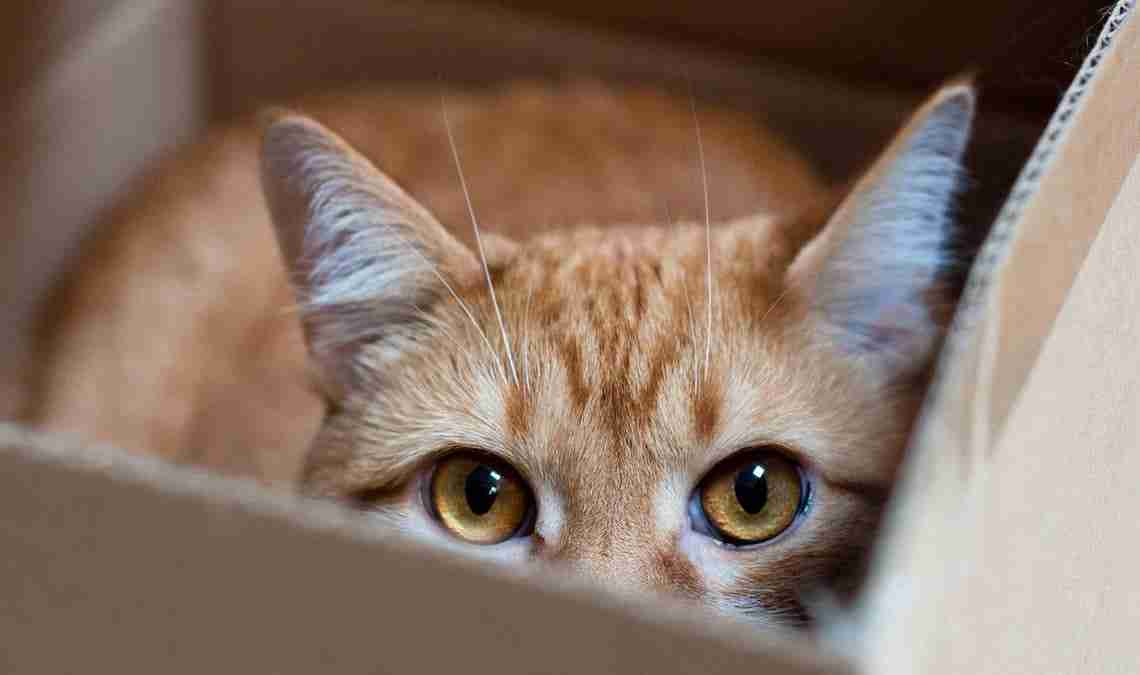We continue to bring you a little closer to the feline reality by putting in check those popular beliefs.
Indice
 Cats that have been spayed or neutered tend to put on weight.
Cats that have been spayed or neutered tend to put on weight.
This is true. A neutered cat in adulthood has a tendency to gain weight, but you can prevent this if you only give him the food he needs according to his weight and age and force him to play to keep him active and burning calories. In any case, if the cat is spayed or neutered between six and twelve months of age, the dose of food required is lower. Just get them moving, either with toys, walks or exercise around the house.
Cats cannot catch rabies
False. Rabies is not just a dog thing, although it may seem so. Rabies is a very serious disease that stalks many warm-blooded mammals, so don’t gamble. Although rabies is very rare in the domestic environment where your cat probably lives, avoid taking unnecessary risks and vaccinate your cat when appropriate. This disease is highly contagious and, unfortunately, once contracted it is fatal.
If the cat lives indoors, it does not fall ill.
Unfortunately, this idea is also incorrect. Cats can get sick, although it is easier for them to do so if they are exposed and without regular check-ups by a veterinarian, as in the case of a stray cat. In any case, do not trust, as there are microorganisms and household parasites that can threaten the health of your pet.


 Cats that have been spayed or neutered tend to put on weight.
Cats that have been spayed or neutered tend to put on weight.




